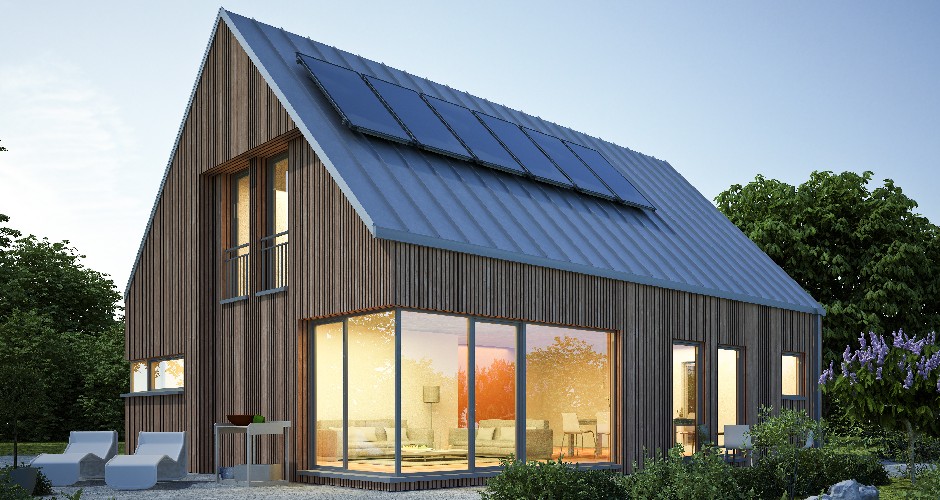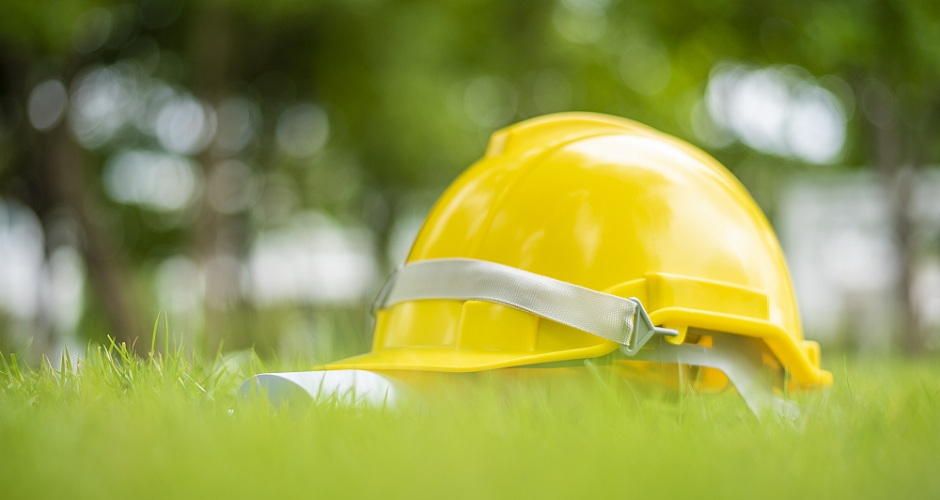The need to change for a more sustainable tomorrow

The Sustainable Development Agenda requires notorious changes in our traditional procedure models if we want to be able to fulfill them.
The constant threat of climate change outlines a very dark and hopeless future. For this reason, all our energy should be focused on the environmental fight for a healthier and more inhabitable planet.
The Sustainable Development Goals (SDGs) were created based on this criteria, designed by the UN as a key plan to create a brighter future. These take on global problems such as poverty, inequality, peace and, of course, climate change. The member states, Spain among them, have committed to reaching the 17 goals for 2030. Each one of the points proposed by the UN fights for the idea of a more equal, respectful and healthier planet.
Consequently, Spain is carrying out measures such as the Climate Change Law, whose objective is to reduce the carbon footprint and promote a more circular pattern. This joins the European Commission's strategy for a climate-neutral economy, with a view to 2050. This means that, by 2030, 74% of electricity should come from renewable energy sources and, by 2050, this figure should have risen to 100%.
Thanks to the planning of these initiatives, projects have been created such as La Pinada, an eco-neighborhood created and designed collaboratively by its future inhabitants in the municipality of Paterna (Valencia). It aims to be a sustainable neighborhood built on values of social commitment and innovation, with the objective of optimizing resources to the maximum. The project is closely aligned with the Sustainable Development Goals set by the UN, which is why it has been recognized on a European level as a pioneer neighborhood in the environmental field.
This shows us that the evolution and growth of cities doesn’t need to be a problem in terms of the foundations of sustainable development. Rather the contrary, it shows us the way to follow in terms of construction and urbanization.
At comeDiBuild, we are committed to these modus operandi as the present and future of the construction sector. In our case, we base our approach on SDG number 9: industry, innovation and infrastructure. Through the electronic interchange of administrative documents between construction companies and suppliers, our mission is to streamline the bureaucratic processes involved in the development of each project in a more sustainable way. Therefore, promoting the implementation of new technologies in an industry that currently needs to change its infrastructure and modernize.
As far as sustainable development in the area of urbanization and the home, the role of the Public Administrations is important. One of the pending tasks is to reduce the mandatory procedures when a user wants to install clean energy self-consumption at home. Renewable energies are no longer just an alternative, they are an imminent necessity, and we should follow the example of Holland or Germany.
According to Javier Azorín, head of development and training for Iberdrola, the future is a combination of traditional clean energy sources such as wind, hydro and solar, together with the development of new renewable energy technologies. A clear example of this would be green hydrogen, produced from solar or geothermal energy, among others, or energy storage, which has a very promising future.
The traditional models which we have been following are becoming obsolete. Changes are mandatory if we want to comply with the Sustainable Development Agenda. This not only presents us with a challenge, but also with a range of opportunities both socially and economically. The development of new energies and projects creates the need for new employment and business opportunities that promise a better future.


